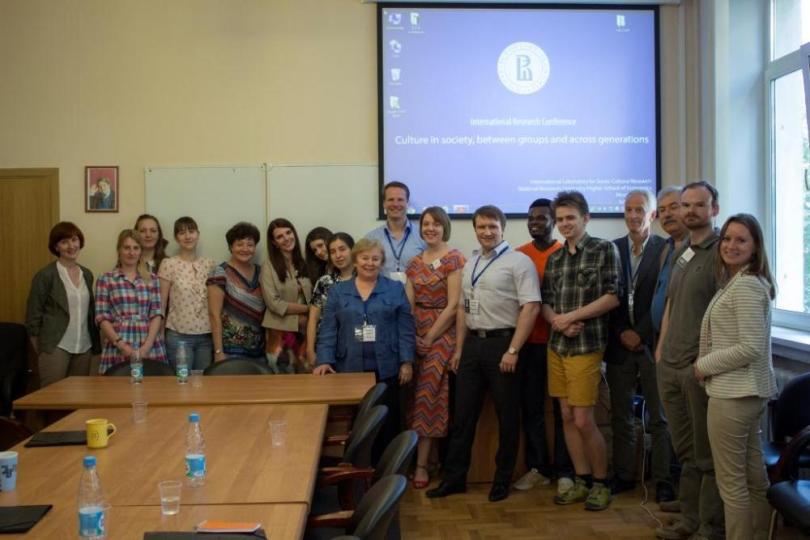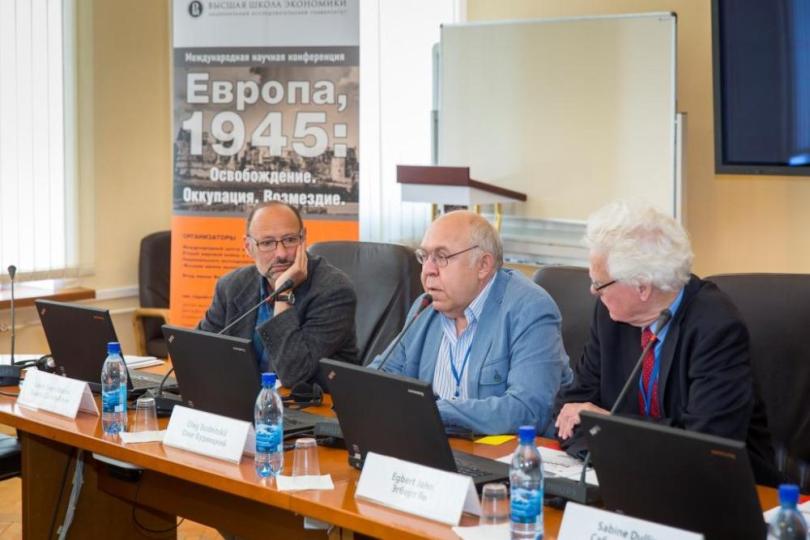The Editorial Team wishes you a good summer time and presents the June issue –read to learn more about research at HSE in network analysis, study of institutions and public administration.
News
Panos Pardalos, Scientific Advisor of the Laboratory of Algorithms and Technologies for Networks Analysis (LATNA), and Valery Kalyagin, Head of the LATNA, talk about research projects of the laboratory.
Thomas Remington, Leading Research Fellow at the International Center for the Study of Institutions and Development (ICSID), told The HSE Look about the projects at ICSID and involvement of students into research.
Jesse Campbell, Assistant Professor at the Department of Public and Local Service, speaks about his research interests: from philosophy to public administration
Even during the summer the academic life at HSE doesn’t stop. We are glad to present to you upcoming institutionally supported visits for July – please, contact the hosting departments or visitingscholar@hse.ru for more information, and follow the HSE event announcements!
The building that used to house St. Petersburg's Patriotic Institute has held its status as an educational establishment for more than 200 years. The campus was placed under the operational control of the St. Petersburg Higher School of Economics in 2006.


HSE Campus in Perm has launched a series of research seminars at the International Laboratory of Intangible-driven Economy involving international experts. Leading Research Fellow of the Laboratory Angel Barajas from the University of Vigo (Spain) and head of the sports economy section Dennis C. Coates, from the University of Maryland (US) were involved in the seminar series. From June 14 to 18 the 3rd International Summer School on the Intangible-Driven Economy will take place. Key speakers will include IDLab's leading researchers. Dr. Barajas spoke to HSE English News about the seminar series, the summer school, intangibles in football economics and the FIFA crisis.
